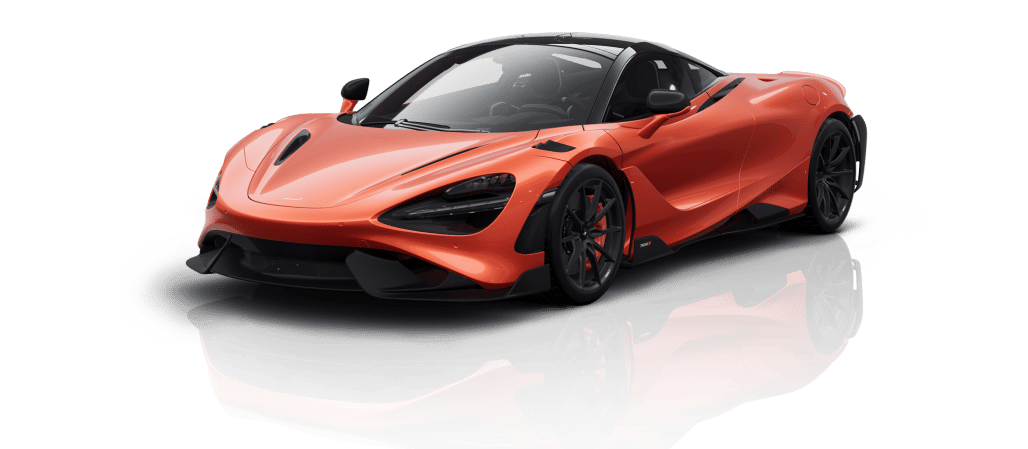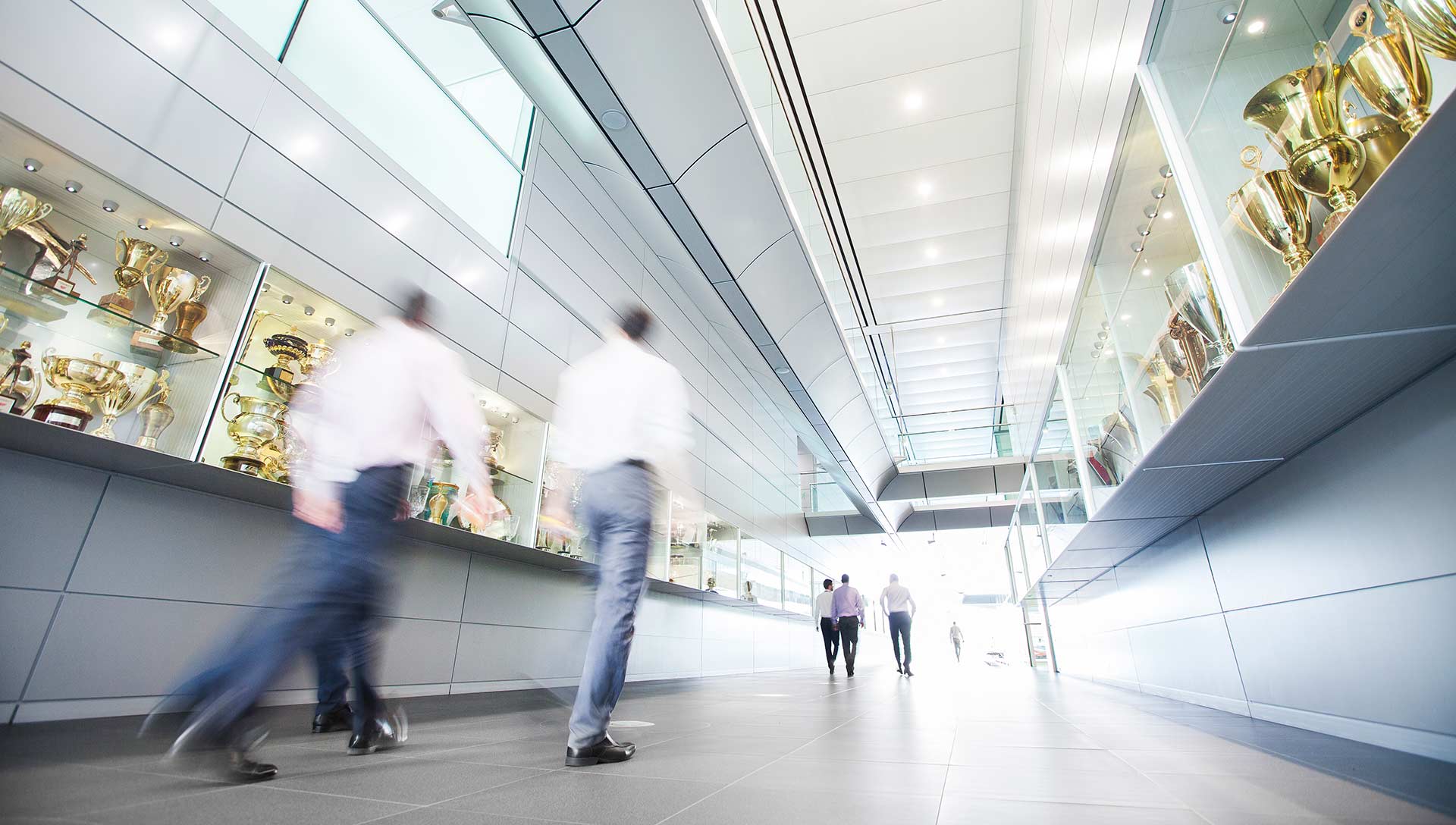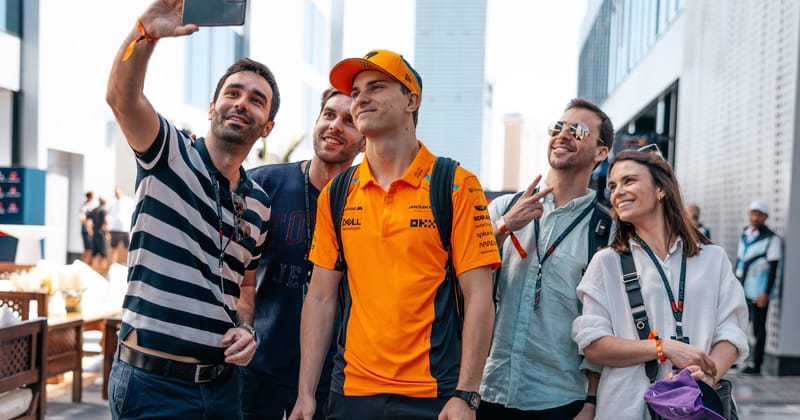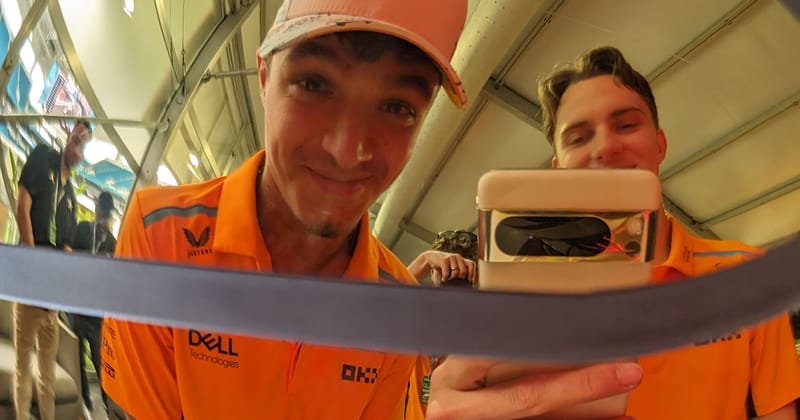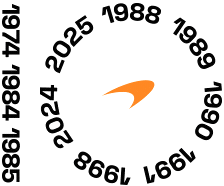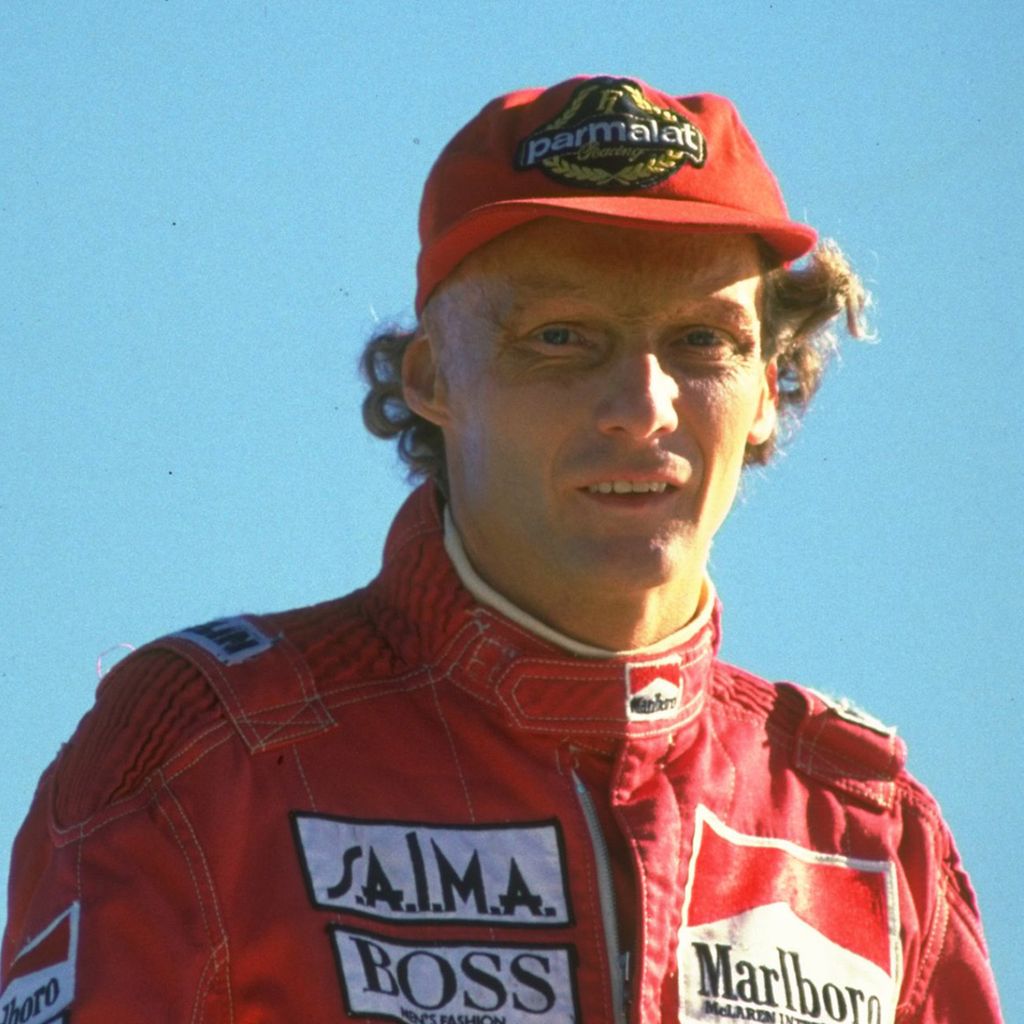
What was Niki Lauda really like away from the track?
Niki used to claim he had no friends… history would disagree
Read time: 12.1 minutes
Niki Lauda insisted he had no friends. It was his way of avoiding the obligation to interact socially if he didn’t feel so inclined, and a means of evading the expectation of having to call people simply for the sake of it. This was typical of the way Niki applied a naked and sometimes crushing pragmatism to how he ran his life.
But the truth was, he had many friends, all of whom understood the uncomplicated logic Niki applied to everything he did. His mates and associates were united by an affection for the man and a modus operandi that was unusual for an icon within any global sport, not just motor racing.
It was partly this uniqueness – combined, of course, with his impeccable race craft - that provoked then-McLaren boss Ron Dennis to refuse to take no for an answer when doggedly persisting that the Austrian come out of retirement to join McLaren. His perseverance finally paid off in 1982, after a commentary stint at the Austrian Grand Prix rekindled Niki’s enthusiasm for the sport, convincing him to change his “no” to a “yes”.
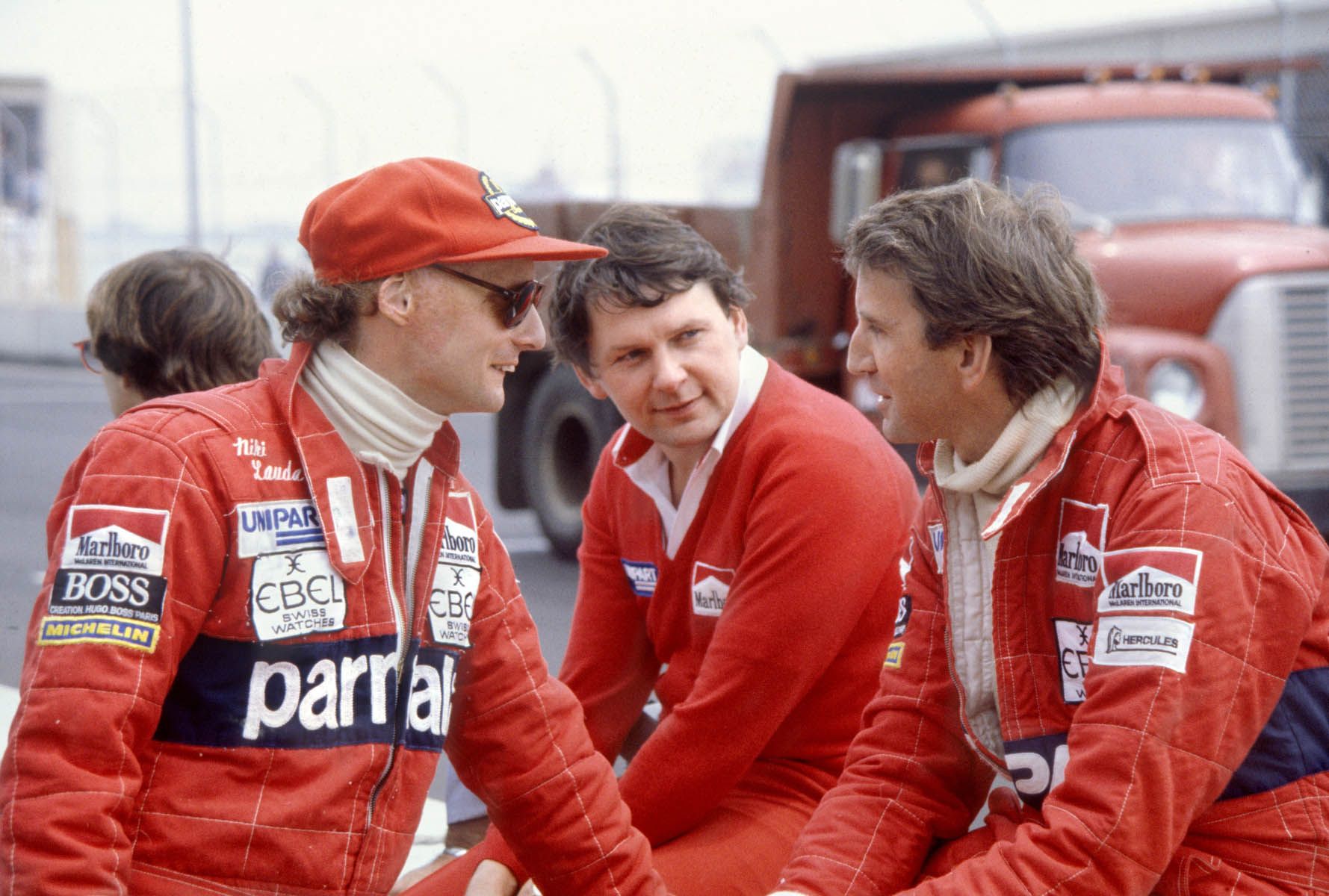
Niki joined McLaren in 1982, after he was tempted out of retirement by team boss Ron Dennis
Niki’s sense of realism had been sharpened dramatically in 1976. Facial scars would be the conspicuous legacy of a fiery crash during the German Grand Prix. Niki’s response to the near-death experience had been driven by a survival instinct, triggering an utterly ruthless determination not to be defeated by seemingly impossible odds. It had also increased his appreciation of life’s simpler values and responses - an ethic he passed on to his sons, Lukas and Mathias.
“He was always nice with his fans,” recalls Lukas. “He would never say ‘No’ to anyone. When he was in Ibiza [where the family spent their summer months], we would go to a little village for breakfast, and we would see people ask for an autograph, a picture, or whatever. He always said ‘Yes’, and he would be very patient with people, take his time and talk to them.
“He told us often as kids that this is part of being a sportsman and being famous, you have to give it back again. He always really respected that. He felt it was part of how we should be very well educated in this and other things in life. This was always very important to him.”
In some ways, such a generous response to fans might appear as a contradiction to members of the media who had made the mistake of not preparing adequately for an interview. If you were asking for Niki’s time and attention, it was essential not to waste it, otherwise the meeting would be abruptly terminated. It was just as crucial to be ready for an immediate test of your professionalism.
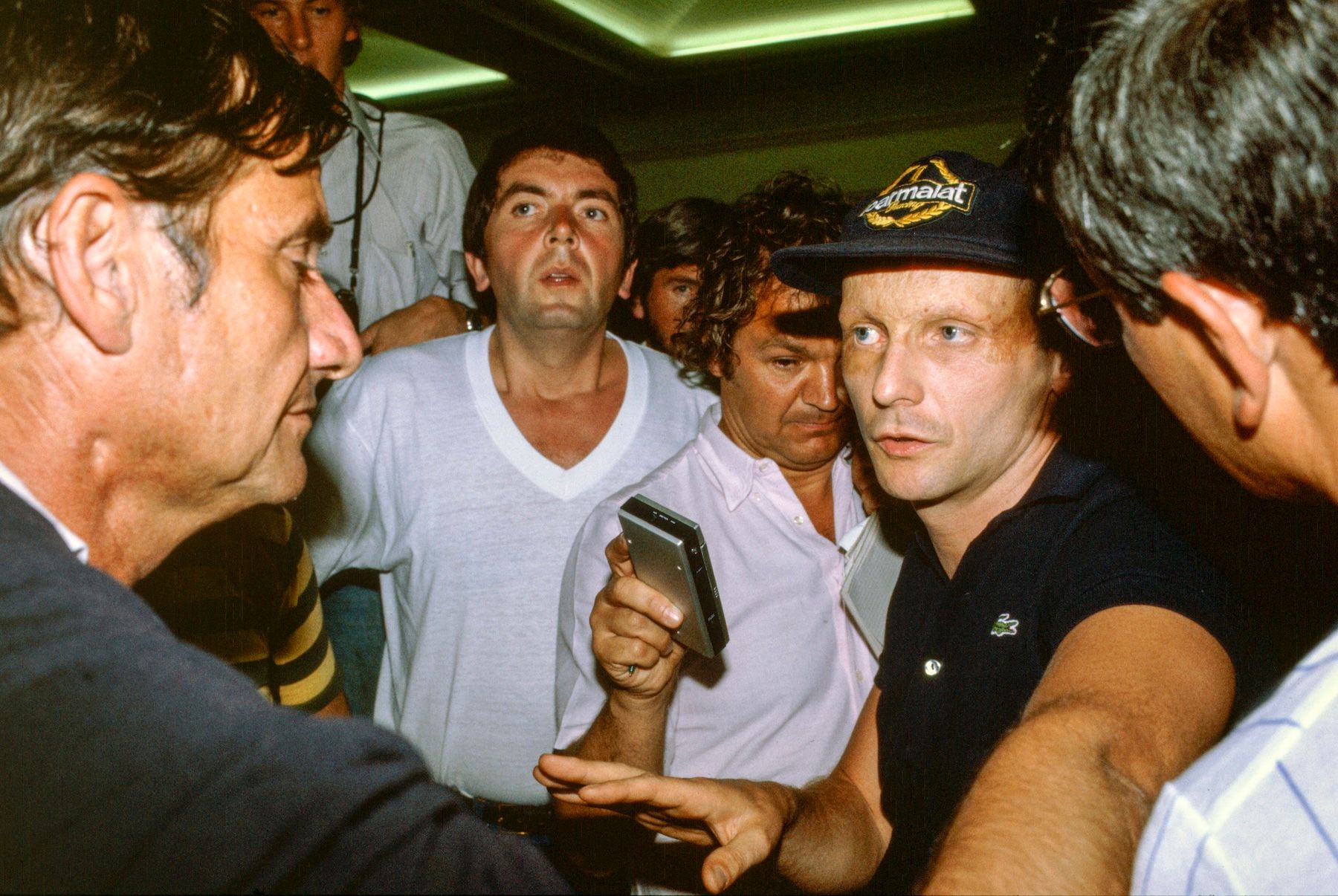
Niki enjoyed a good working relationship with regular members of the F1 media, particularly those from his home country
When they requested an interview, more than one F1 writer was startled when Niki said, “Okay. Let’s do it now. Start!” If a tape recorder and questions were at the ready, Niki would respond, the length and enthusiasm of his answers growing exponentially with an appreciation of the writer’s diligence. If not, the responses would become increasingly monosyllabic. Interviews needed to be on Niki’s terms. He disliked being corralled.
There was an amusing example of this during the run-up to his victory in the 1982 United States Grand Prix (West) – a significant result, not just on the roster of Niki’s 25 Grand Prix wins, but also in the wider world of sport itself, as he claimed his first win with McLaren after coming out of retirement.
History has shown that comebacks in F1 rarely work. Yet Niki, the most rational of racing drivers, made the choice at the age of 32. The decision had been spawned by a combination of curiosity on Niki’s part and a shrewd assessment of the Austrian’s competitive nature and enduring talent by Ron Dennis. Niki proved he had lost none of his competitiveness when he set the fastest time during the first day of practice on the streets of Long Beach.
As comebacks in sport go, it’s definitely among the more successful. Niki added eight more wins to his tally across a four-year stint that saw him claim a third and final F1 World Championship in 1984 – at the time, it was only the second in McLaren’s history.
Niki Lauda On and off track
The downside of his return, from Niki’s point of view, was a requirement to attend a post-practice press conference - an unfamiliar exercise in F1 at the time, but common in North America where the sports media expected immediate and lengthy access to the leading player at the end of each day. Even worse, the interview room was in the Long Beach Convention Centre, which was a fair stretch from the pits.
Niki walked in briskly, stepped onto the podium, adjusted the microphone and said: “Tyres good. Engine good. Car good. Goodbye”. Then he nodded and walked off. His obligation may have been fulfilled, but loquacious members of the local media were outraged. Their European counterparts could only smile and quietly shake their heads. Niki hadn’t changed in the least.
Niki enjoyed a good working relationship with regular members of the F1 media, particularly the handful from his home country. They had access to a private answer service, Niki unfailingly responding to any message. His favourite meeting arrangement was early morning in the coffee shop of a five-star hotel in Vienna. He had a permanently reserved table, hidden behind a screen. Niki’s modest breakfast never varied: an egg in a glass, white bread with butter and jam, and a cappuccino. But the deal was, the guest had to pay the bill in return for quotes or information.
It was typical of Niki’s caution with money, a frugal trait well-known among his friends.
“Saying he was careful with his money is being too polite! It became a big joke, we had a lot of laughs about it,” recalls Karl-Heinz Zimmermann, a fellow Austrian, who ran the Mercedes-Benz catering unit at the time when the German company supplied engines to F1 teams. It was ‘neutral’ territory for Niki in the early 2000s, when he worked at the races for RTL television.
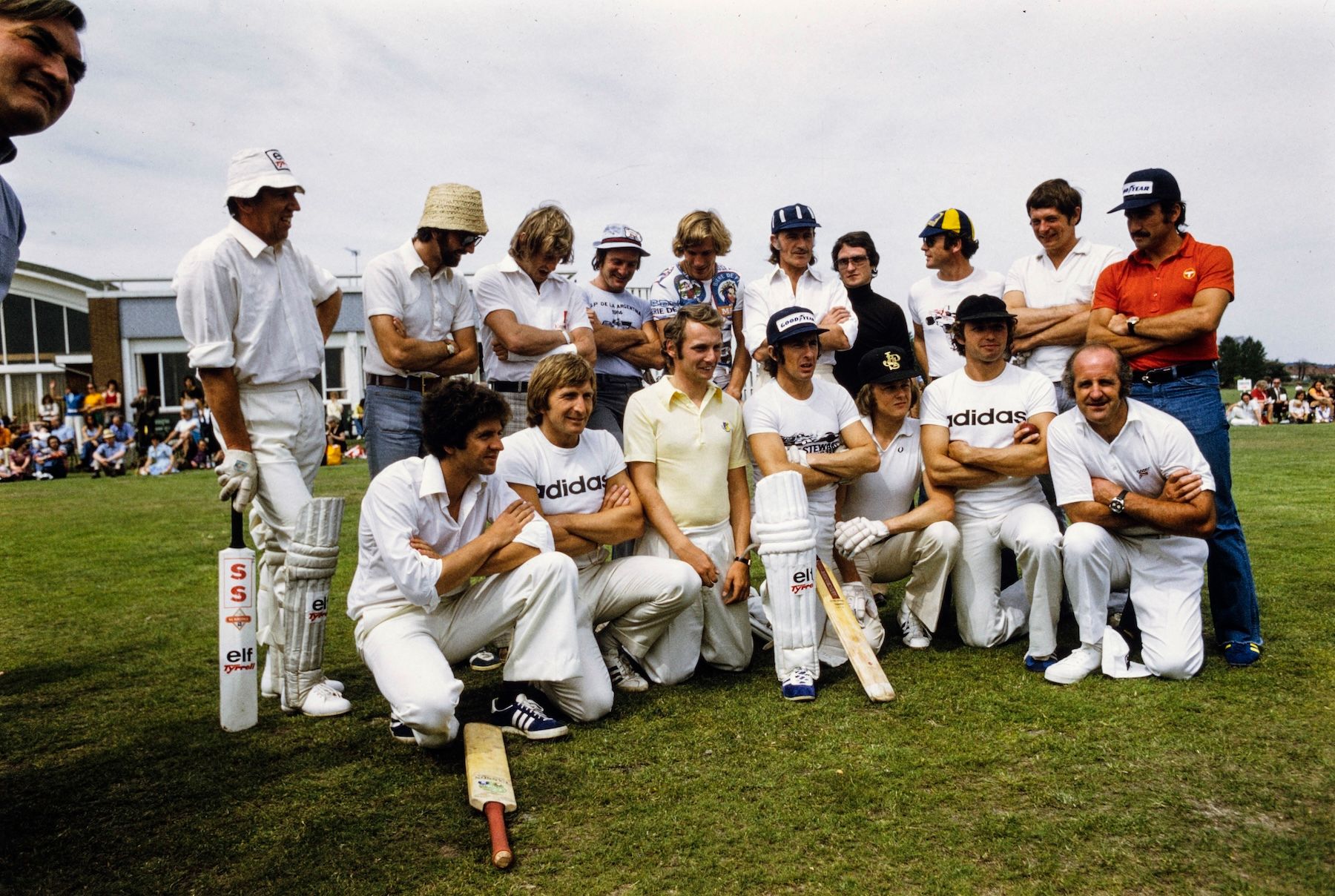
Niki Lauda wasn’t a particularly keen sportsman outside of F1, but did occasionally play tennis and competed in F1’s charity cricket matches
During their friendship, Zimmermann became acutely aware of Niki’s impish sense of humour. On an anniversary of Niki’s Nürburgring crash, knowing a TV crew was planning to interview Niki at the scene, the pair colluded to hide a pig’s ear in the grass.
Later, Niki gleefully ‘found’ and brandished his “missing right ear”, initially horrifying those unaware of the prank. It was typical of his relaxed attitude when talking about the accident on television.
“They ask me about it all the time,” said Niki. “But that’s okay. When we were at the Nürburgring recording something with RTL, they showed the accident. I said: ‘Why are you showing this again? Do I have to cry, or what?’ I could see from the shocked look on their faces, they thought I was being serious!”
“That was typical Niki,” said Gerhard Berger, fellow Austrian and former F1 driver. “He loved to joke. But if you were in trouble, he would help without question. For some reason, he built up this image of being mean - and he enjoyed that! The reality was, he was normal. He wasn’t a big money spender – except when it came to aeroplanes. That was different. That was his big passion.”
Outside of motor racing, Niki had no interest in sport, but flying an aircraft had intrigued him from the moment he’d been given a lift in a single-engine Cessna in 1974. By the following year, he had taken up flying lessons, gaining his pilot’s licence in late 1976.
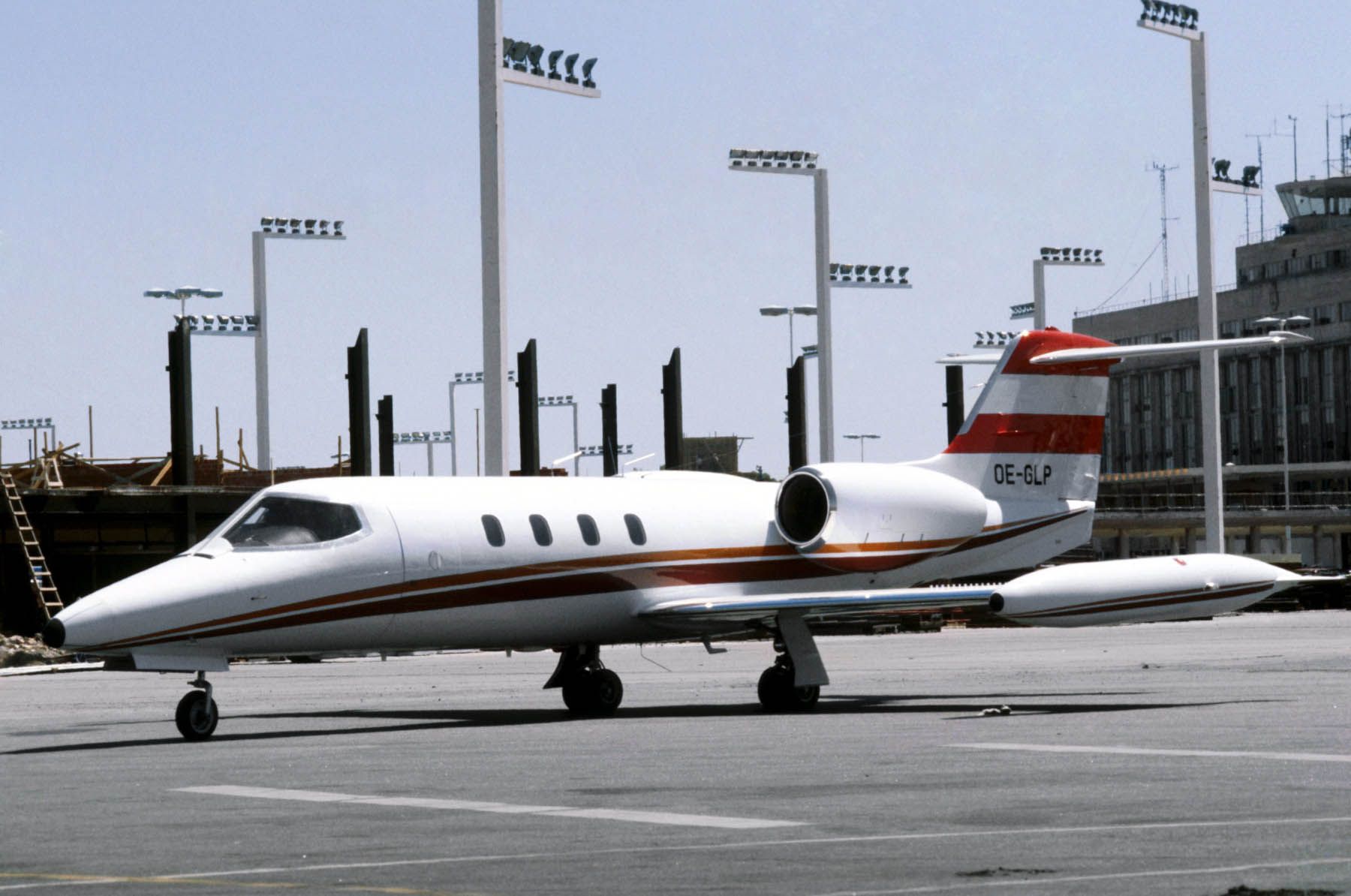
Niki was a keen flyer and used his Learjet (pictured) to commute to Formula 1 Grands Prix
He initially purchased a twin-engine Cessna Golden Eagle and rapidly expanded his aviation horizons, upgrading to a jet, a Learjet 36, which he even used to help him commute to Formula 1 races. In addition to flying his own jet to races, Niki became interested in the idea of starting his own airline.
This curiosity was accelerated by the possibility of acquiring flying rights for certain commuter routes in Europe. By this point, Niki had passed the exams necessary to earn a professional pilot’s licence and had walked away from racing for the first time, famously claiming he was "tired of driving around in circles" and wanted to start his own airline.
He proudly launched Lauda Air, which operated out of Vienna International Airport, and quickly moved from twin-engine commuter aircraft to a wide-bodied DC10 for long-haul flights. Lauda learning to fly each plane on his fleet, but there was no doubt about which type of aircraft he favoured most.
“You give me a single-engine plane, and I’ll take it up for a circuit. Nice, but no challenge,” he said. “But you give me a Jumbo with four engines, 5000 things that might go wrong. Fantastic, a challenge. Let’s get on and try to fly it.”
Niki’s passion for flying endured well beyond his second Formula 1 stint, and during a nearly four-decade-long aviation career, he started, ran, and sold three airlines, while continuing to occasionally captain their planes into his late 60s.
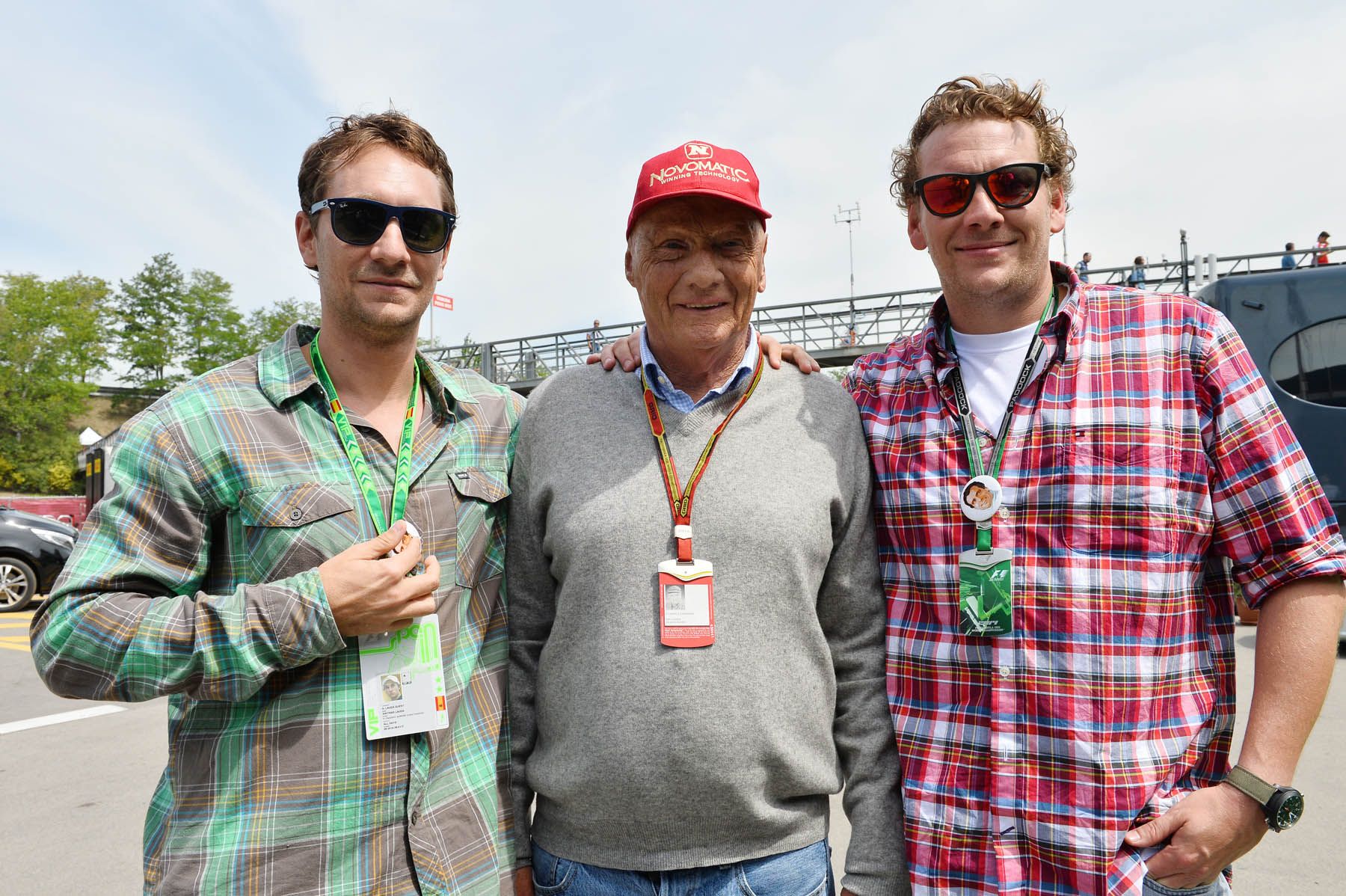
Niki Lauda with his sons Mathias (L) and Lucas (R)
On 20 May 2019, news of Niki Lauda’s passing, at the age of 70, saddened the world and marked the end of an extraordinary life. The funeral service in Vienna was attended by the good and the great of Formula 1. One of the most unexpected emotions was the silent respect being displayed by people Niki had never met, but for whom he clearly meant so much.
“I was really, really surprised,” says Lukas. “It was raining like crazy and there were people waiting to go into the cathedral at 7am. The queue was never ending. People came from Russia, from all round the world, to say goodbye. We never expected so many.
“There were all sorts, all ages. There were former stewardesses from the days of Niki Air and they were wearing their old uniforms. And when we went to the grave after the service, the policemen there were crying like little boys. It was so, so moving.”
And this for the man who claimed he had no friends.
Related articles
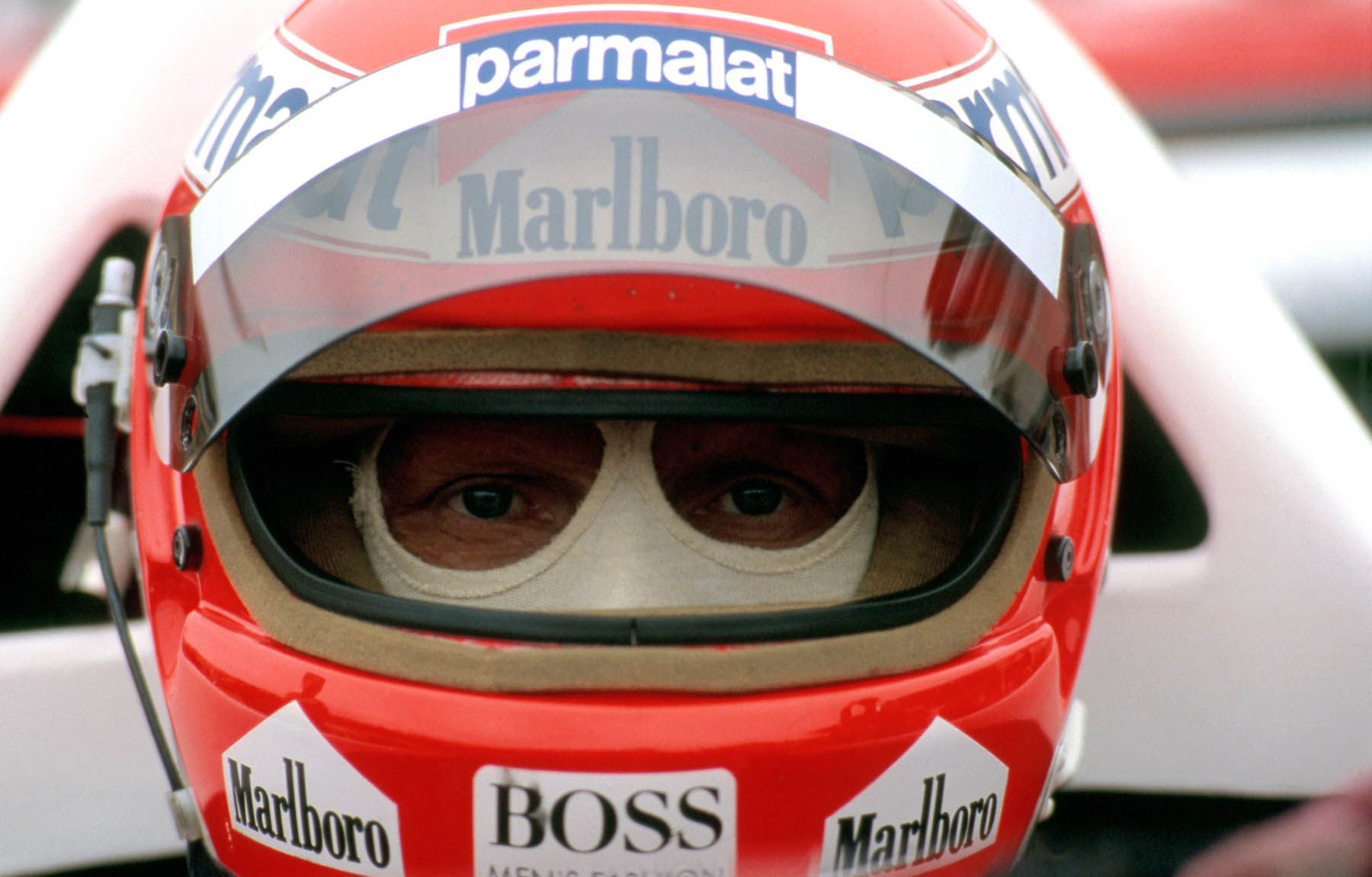
The day a legend returned: How Niki’s triumphant F1 comeback unfolded
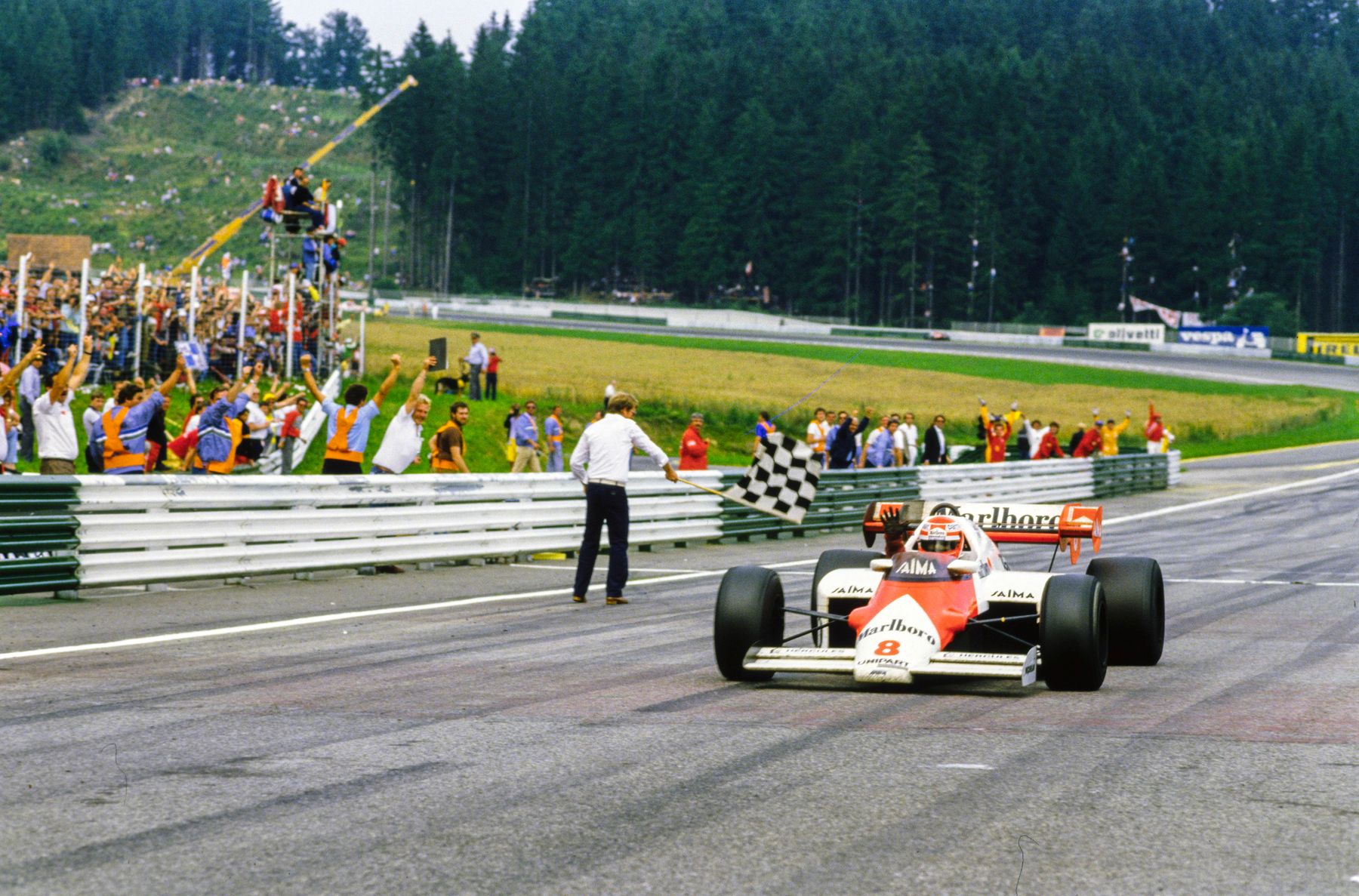
How Niki Lauda won his home Grand Prix with a broken gearbox

What was James Hunt really like away from the track?

What was Ayrton Senna really like away from the track?
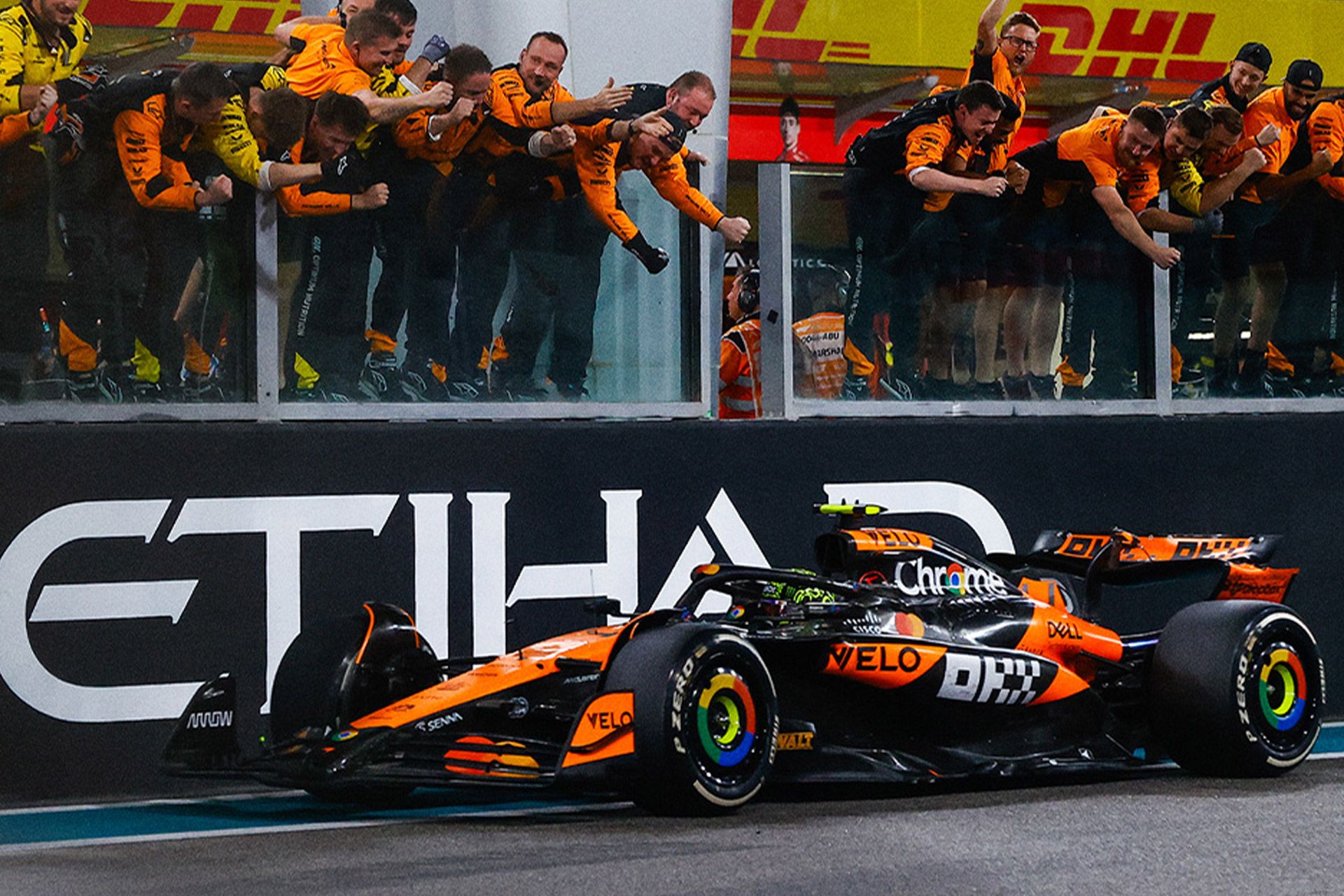
Meet those who celebrated McLaren’s two most recent title wins, 26 years apart
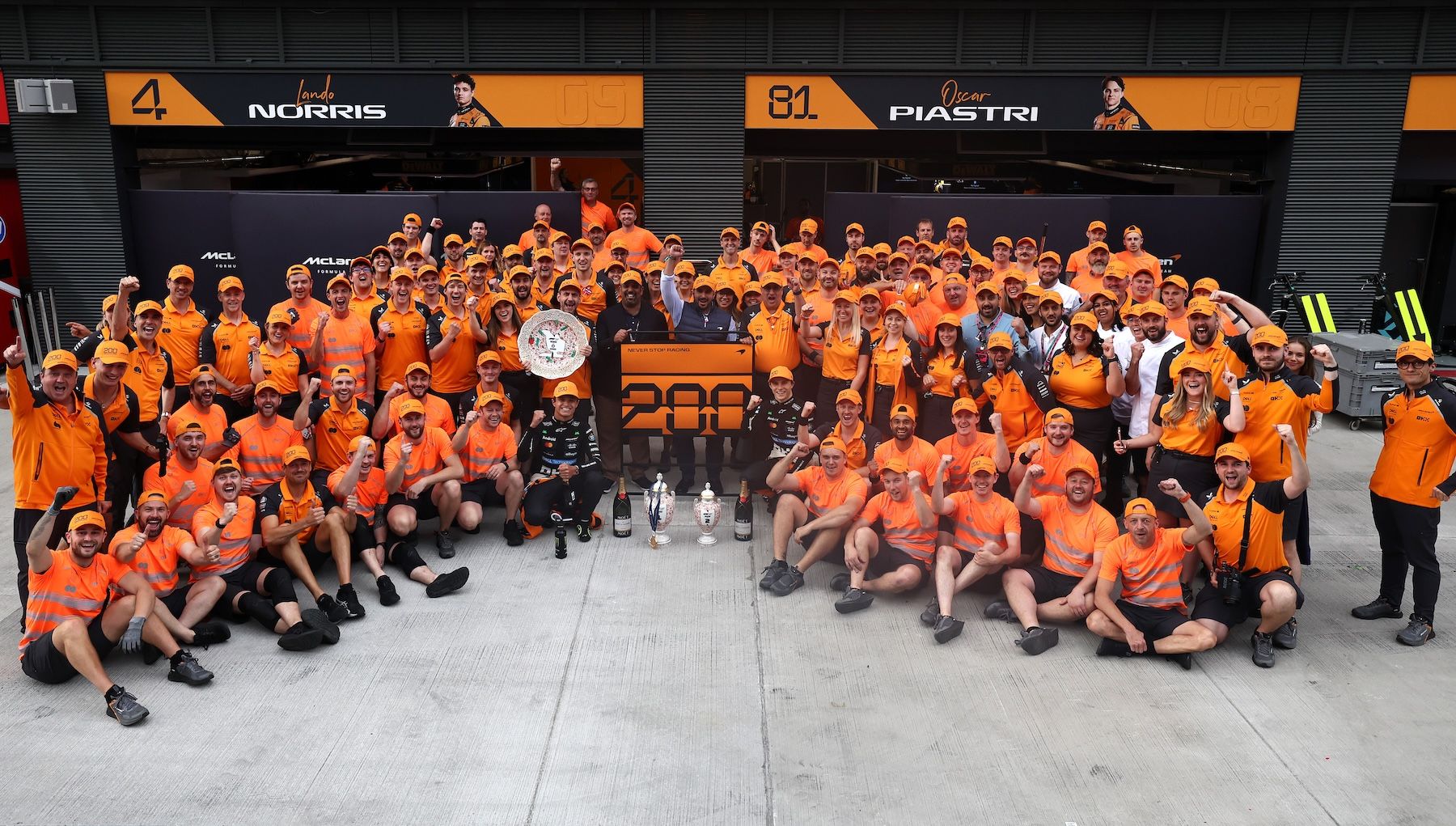
McLaren’s 10 defining Formula 1 victories
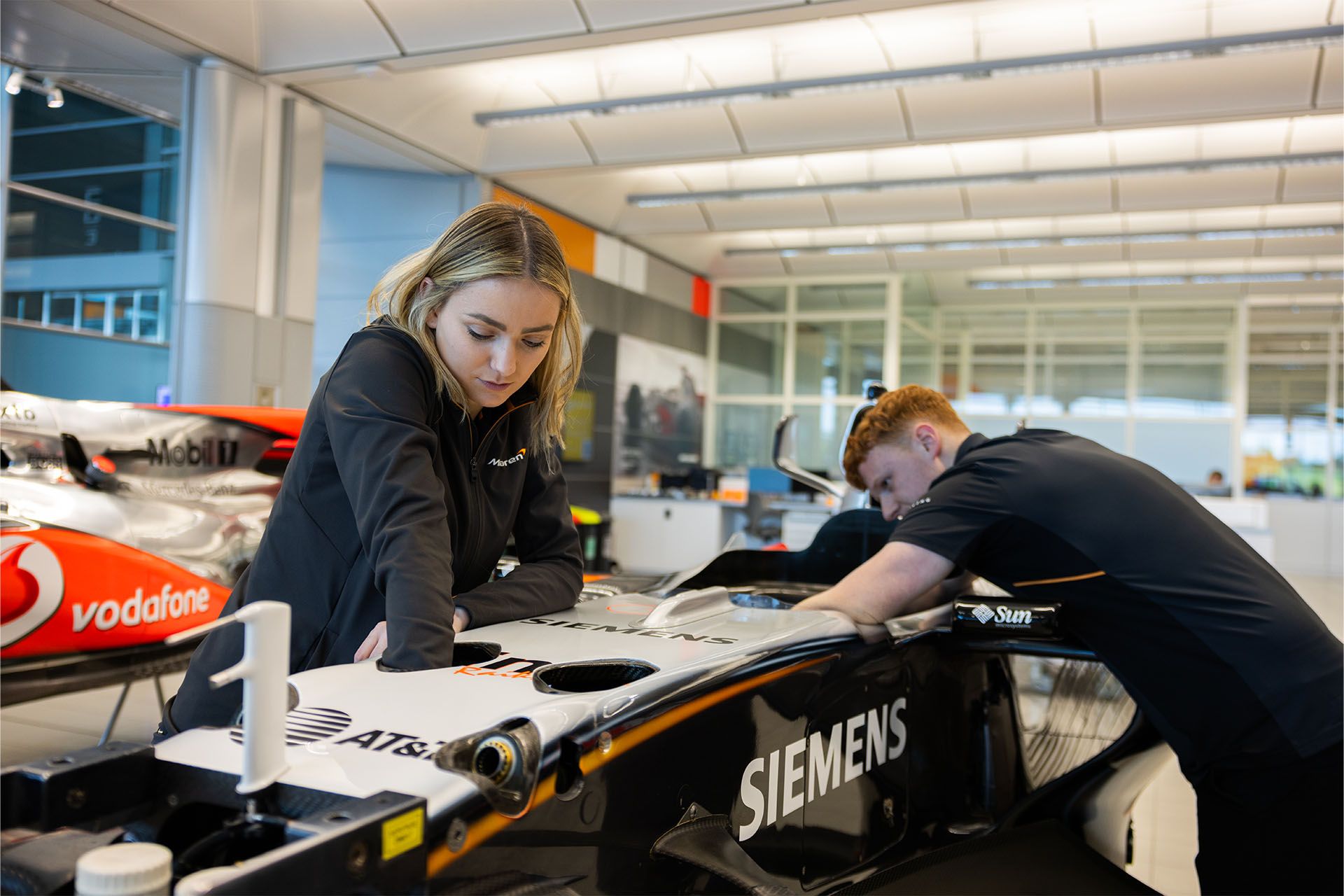
Inside McLaren’s goldmine of heritage cars and collectables
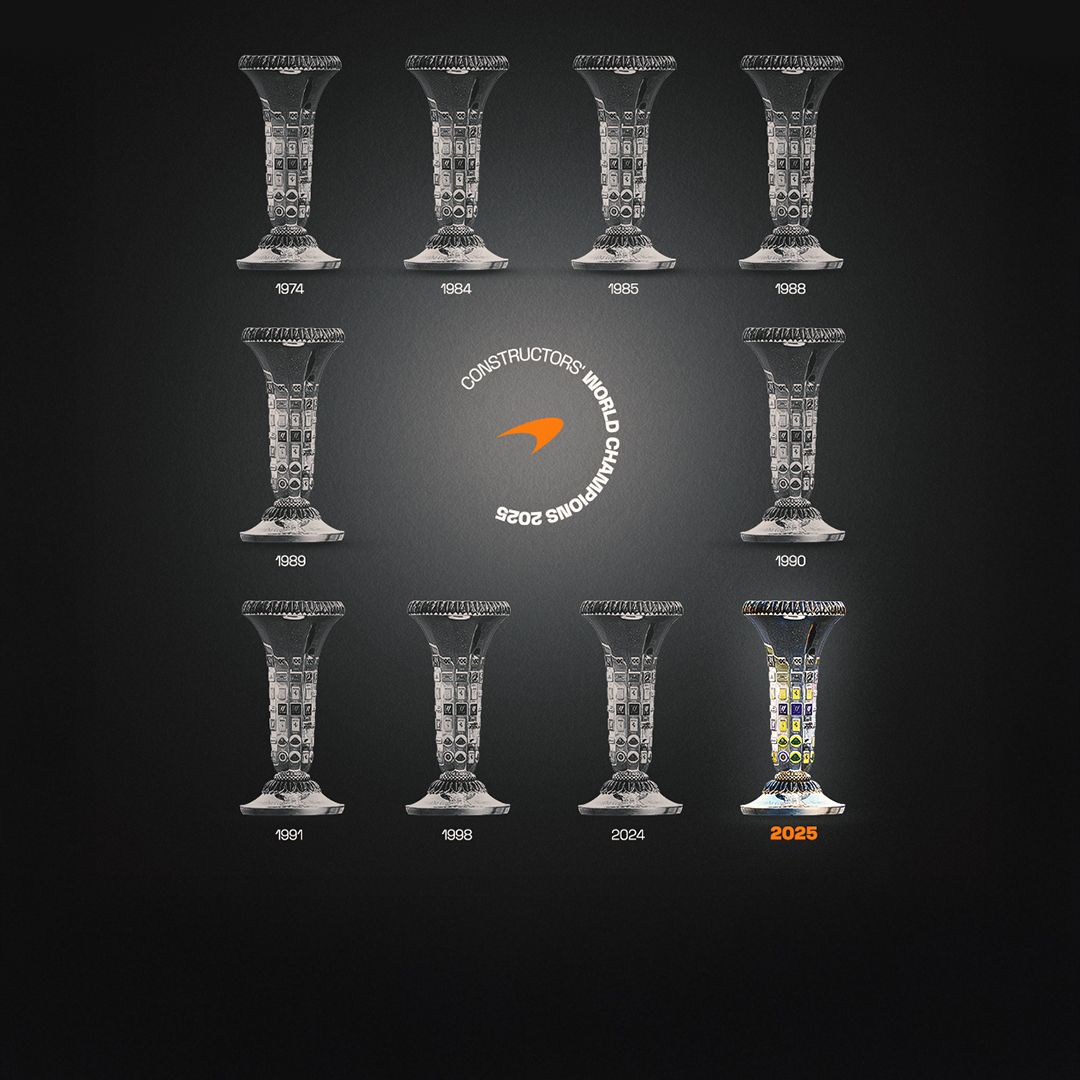
The title-winning 10: The history of McLaren’s Constructors’ Championship victories

Frenemies: When your rivals become your heroes


